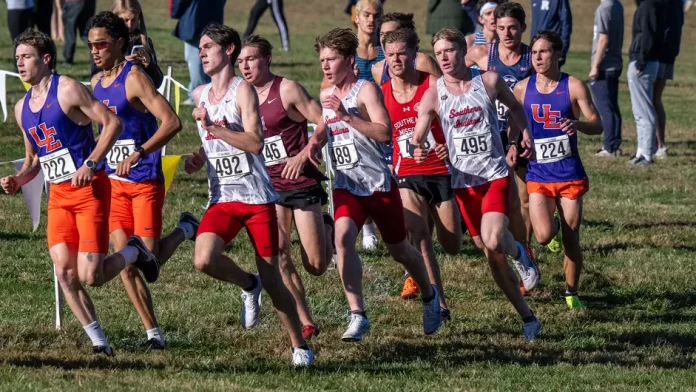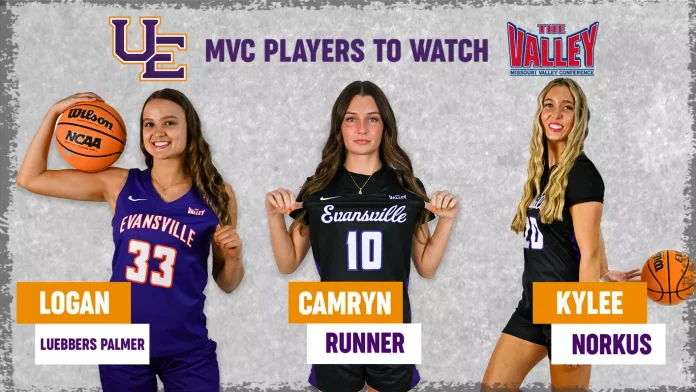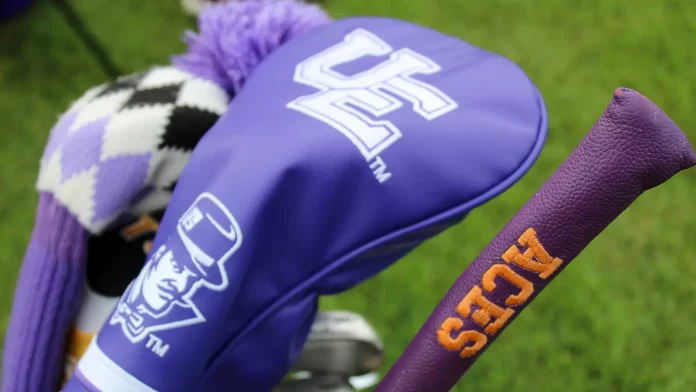The latest draft keeps A–F grades but changes how schools earn them, including rewards for reading gains and postsecondary readiness.
BY: CASEY SMITH, INDIANA CAPITOL CHRONICLE
Indiana education officials on Wednesday unveiled major updates to the state’s proposed school accountability system — including new reading and “back on track” indicators — as they work to finalize rules that will replace the state’s former A-F grading model by the end of the year.
The presentation to the State Board of Education marked the second draft of the overhaul first released in June. Under a state law passed earlier this year, the Indiana Department of Education must deliver a final plan by Dec. 31 that aligns school ratings with the state’s “Graduates Prepared to Succeed,” or Indiana GPS, framework.
“This is critically important public policy for education in Indiana,” said Ron Sandlin, IDOE’s chief innovation officer. “What we’ve built is a model that values both academic mastery and the knowledge, skills and experiences that make up a student’s full story — not just a test score.”
The latest proposal keeps the state’s A-F letter grade scale but revises how those grades are calculated.
Schools would earn points based on each student’s academic achievement and additional indicators such as attendance, literacy progress, work-based learning and credential attainment.
Sandlin said the revision “creates more consistency” in how points are awarded and simplifies the system so that “the average Hoosier can look at it and feel comfortable.”
Measuring every student
A central change to the proposal is what Sandlin and Indiana Secretary of Education Katie Jenner described as an “n of one” model in which school quality is evaluated based on the outcomes of each individual student rather than aggregated percentages.
“Every single student matters,” Sandlin told the board. “Their success as an individual should inform school success — not the averages of large groups where individual stories get lost.”
Jenner added that Indiana is “forging ahead” by measuring both academic mastery and real-world skills.
“Please call us on it,” she said. “Academic mastery, assessment and accountability matter in Indiana — regardless of what the federal government does or does not do — but there are other things that matter as well.”
Jenner also pushed back against critics who argue the approach softens academic expectations.
Cindy Long, executive director of the Indiana Association of School Principals, said her group supports the latest changes, especially the grade 12 shift toward diploma seals. She also praised revisions that allows schools to earn credit in other ways even if they don’t meet attendance goals.
Board member Byron Ernest called the asset-based approach “awesome,” saying it will finally let data “tell a story” about each learner.
Board member Erika Dilosa additionally stressed that the new framework “isn’t punitive” but “creates opportunities for students that may have been overlooked in the past because they didn’t quite fit.”
Addressing concerns — and pushing for progress
Still, board member Kathleen Mote worried how the term “approaching proficiency” might be interpreted, and said the terminology might signal the opposite to parents and the public.
“We are using the same labels for these things, but now they have very different definitions, and there is dissonance there that we have to figure out how to resolve,” she noted.
Sandlin responded that the department will review the terminology to ensure it clearly communicates student progress but made clear that schools “will not earn maximum points” for students who “are not proficient.”
“We want to encourage progress,” Sandlin told Mote. “If you’re ‘approaching proficient,’ but you’re making enough progress to eventually reach proficiency, it does earn you maximum points. We’ve inherently built in … an incentive for schools to help (students) reach that next step, and to receive the credit as (a student) makes the necessary progress to get there.”
Sandlin emphasized that the model “does not take the gas pedal off,” even as students improve, “because we know there’s more (they) can do.”
Board member Scott Bess addressed other concerns that the new accountability model might be softening academic standards by placing less emphasis on high-stakes test scores.
He acknowledged that some national experts have argued that Indiana may be lowering expectations — and said some of the state’s education partners “will be chippy on this one” — but made it clear the state intends to “stand firm” on its approach.
“There is a body of thought out there that says, ‘Nope. It’s are you proficient, or are you not? And that’s it.’ And if you deviate from that, then you’re somehow lowering standards, or you’re excusing people and passing them through,” Bess said.
“This model … is making sure that each student is achieving something,” he added. “The field clearly believes that this is a step in the right direction.”
‘Put(ing) our money where our mouths are’
The first draft of the proposed accountability rule, unveiled in June, tied school ratings to the Indiana GPS system, emphasizing literacy and math in early grades, work-based learning and credentials in high school, and a mix of academic mastery and skill development indicators across grade levels.
Officials said that draft sought to capture a fuller picture of student performance beyond test scores but left some details undefined, especially around how certain skills and benchmarks would be measured.

In response to months of feedback, the second draft adds several new and clarified indicators designed to better reflect student growth and school effort, Sandlin said.
A new “Accelerated Literacy” measure gives schools credit when students flagged as “at risk” on the second-grade IREAD exam later pass it in third grade — a change meant to reward successful reading interventions.
A companion “Adolescent Reading” indicator extends that recognition to upper elementary grades, too, allowing schools to earn points when students who failed the IREAD later demonstrate proficiency in grades 4 through 6.
At the high school level, a “Back on Track” indicator acknowledges schools that help ninth-graders who fall behind on credits catch up by the end of 10th grade. Another draft adjustment provides flexibility for biology testing, letting schools earn points for students who complete the end-of-course biology assessment in any grade — fixing a technical issue that previously credited only those who took it in grade 10.
For grade 12, new Indiana Diploma seals — which reflect whether students meet college, employment or service “recipes for success” — would further serve as the universal outcome for graduation, Sandlin noted.
That benchmark would replace the SAT as the central measure of high school performance and instead align the new accountability model with the state’s new graduation and diploma requirements.
Every single student matters. Their success as an individual should inform school success — not the averages of large groups where individual stories get lost.
– Ron Sandlin, IDOE’s chief innovation officer
“We’ve said that there are multiple pathways to success,” Sandlin said. “This shift puts our money where our mouths are. And it says, if you earn an honor seal, or if you earn an honors plus seal, you are on track for success.”
The rule also formalizes a transition period through the class of 2028 so current students earning Core 40 diplomas are not penalized before the new diploma and seals take effect.
Next steps towards adoption
Indiana’s school accountability grades have been in flux for years.
The state’s A-F rating system has been effectively suspended since 2018 due to transitions in state testing and COVID-related disruptions.
During the pause, schools instead received performance report cards posted online. The cards offered data on test scores, graduation rates, attendance, and postsecondary readiness, but stopped short of assigning a single letter grade.
The shift to an updated model is part of a broader effort mandated by House Enrolled Act 1498, signed into law earlier this year. The legislation, authored by Rep. Bob Behning, R-Indianapolis, requires the state education board to adopt a new school accountability model by the end of December, with implementation beginning in the 2026–27 school year.
Education officials said the overhaul aims to merge elements of the previous accountability model with a simpler, more transparent grading system that parents can understand — and that focuses less on “penalizing” schools.
“We want a model that encourages schools to focus on improvement for each individual student — our n size is 1,” Sandlin said. “Because every single student’s story deserves to count.”
The second 30-day public comment period opened immediately after Wednesday’s meeting and will run through Nov. 17, when a public hearing is scheduled at the Indiana State Library.
IDOE staff said the department expects to bring a final accountability rule to the board in December for adoption.
“We’ve tried to build a model that is inclusive of more elements that we believe matter. And we very, very humbly, in Indiana, want to hear constructive feedback from partners,” Jenner said. “It would be easy for us to immediately build a pass-fail system. … We just believe we have to look at the full child picture. We have to think about education differently. The status quo is not getting us anywhere.”
Jenner said another round of public comments will be “so important” as the board gets closer to final adoption.
“We’ll probably have a few tweaks here and there before we land it,” she said, “and that’s exactly why this process matters.”










